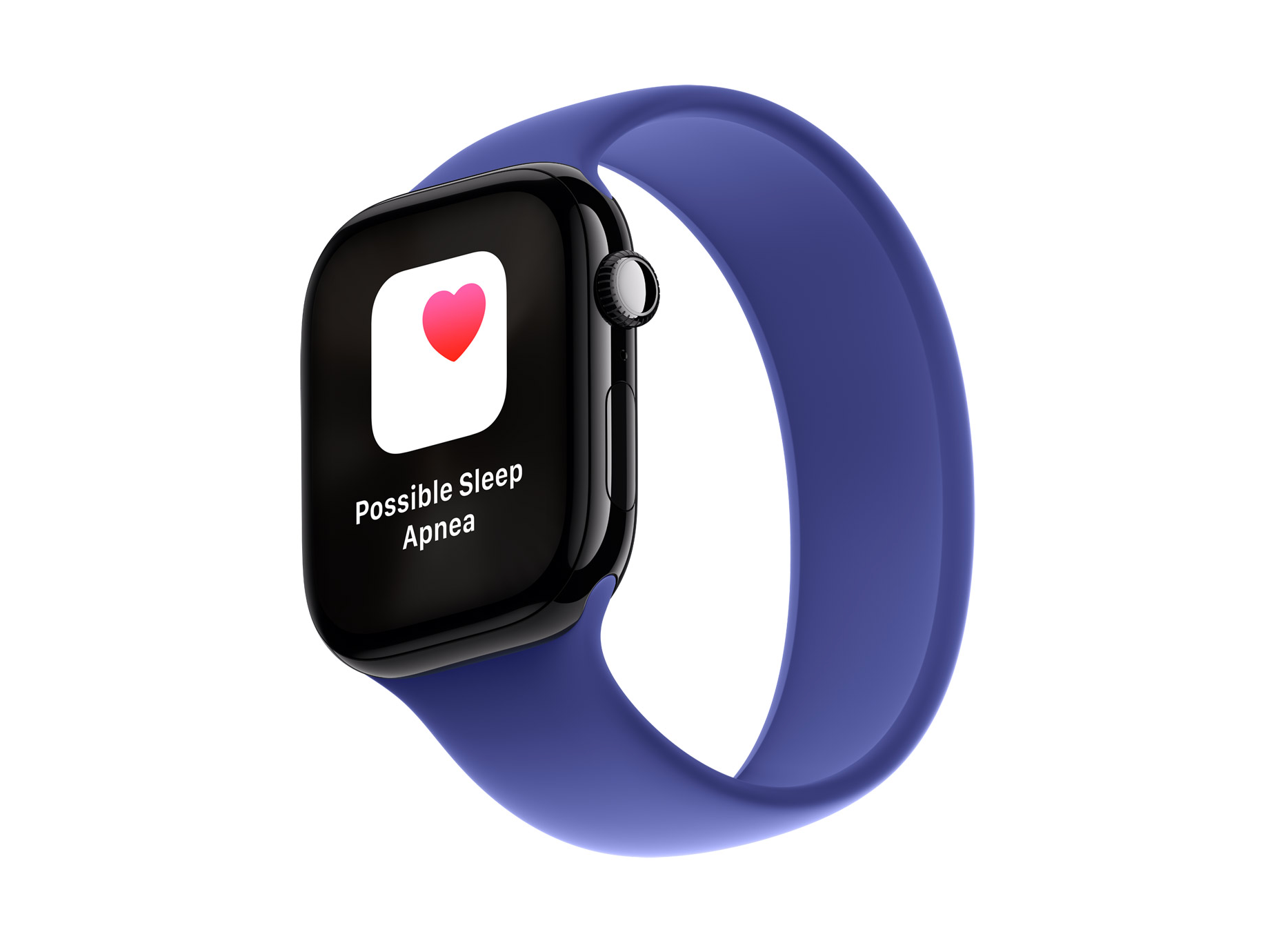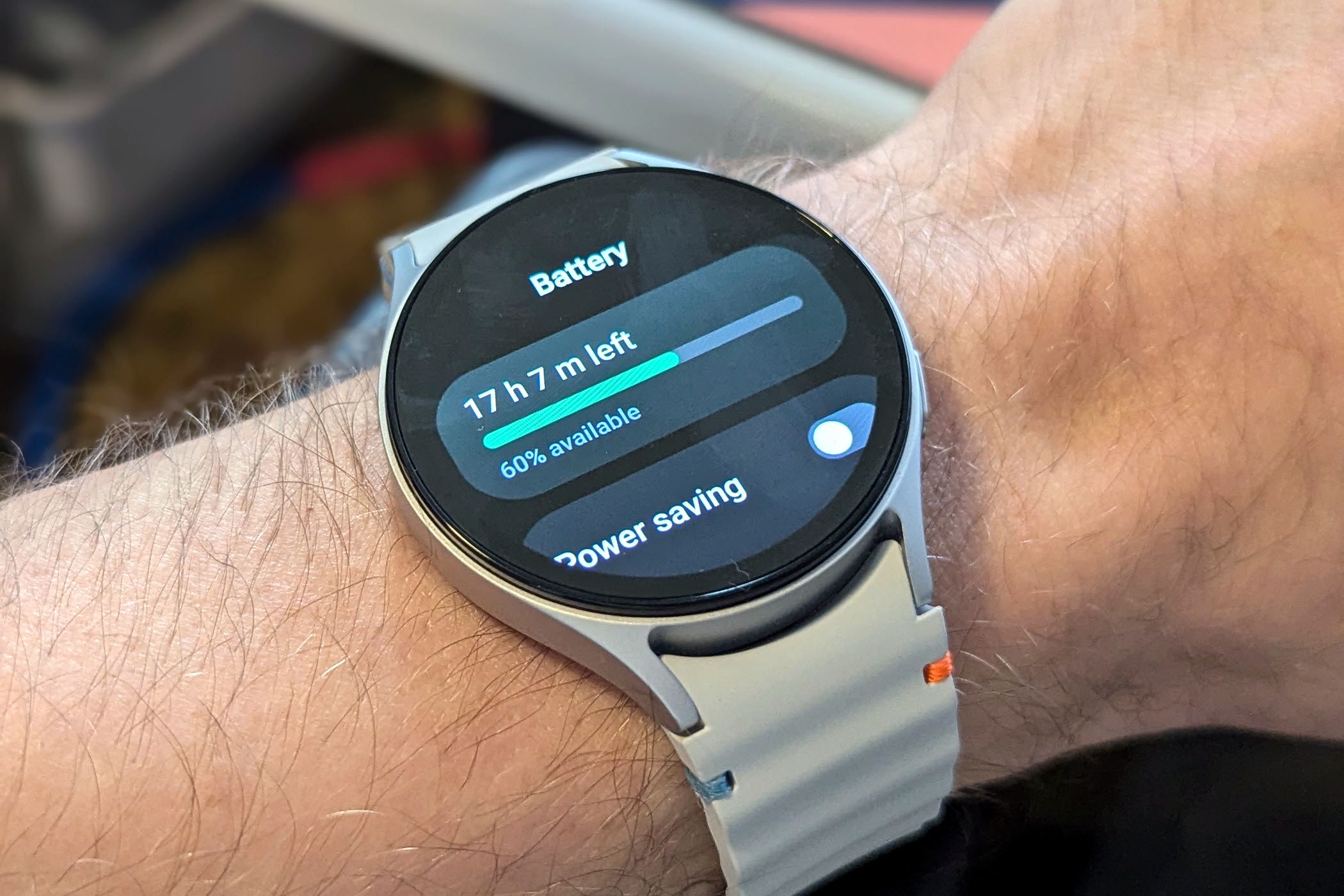Key Takeaways
- The Apple Watch Series 9, Series 10, and Ultra 2 are getting a feature called Breathing Disturbances, which claims to be able to detect possible signs of sleep apnea.
- While sleep apnea warnings aren’t new to smartwatches, they are new to the Apple Watch and could be very helpful for users who stay within Apple’s device ecosystem.
- Sleep apnea can lead to serious health risks if left untreated, so any potential early warnings can help users seek out proper medical help before complications arise.
Apple’s smartwatch has been around since 2015 and has seen some radical improvements over the years. And yet, I’ve resisted buying one (or any other wrist-mounted smart device for that matter) the whole time. Now, though, the planned introduction of sleep apnea notifications might have finally pulled me in.
The Apple Watch and Sleep Apnea
At its most basic, sleep apnea is what happens when you repeatedly stop (and then start again, of course) breathing while asleep. On a surface level, this can result in loud snoring and poor sleep quality, regardless of how long you’re unconscious. Prolonged bouts of sleep apnea are where things can start to get dangerous.
Apple’s new health feature, referred to as Breathing Disturbances, claims to offer a way to detect potential lapses in respiration via the Apple Watch Series 9, the new Series 10, and the latest Ultra 2. According to Apple, the watch’s built-in accelerometer can detect small wrist movements that are a possible sign of breathing interruptions.
All of these possible interruptions are aggregated after 30 days, and if the app perceives a pattern of what could be sleep apnea, the user is given a heads-up. That same data can also be viewed across wider spans of time, up to a full year, to get a broader sense of what might be happening.
Of course, this is in no way a substitute for proper testing from a real doctor. Think of it as more of a possible (emphasis on “possible”) warning that sleep apnea could be happening, after which you should go see a medical professional for a real diagnosis (and treatment, depending on what they find).
Why This Matters
Sleep apnea is more than just noisy breathing at night and possible fatigue during the day, though. If left untreated, it can lead to elevated blood pressure, an increase in risk for various heart problems (heart attack, stroke, etc.), increased risk for diabetes, liver scarring, high blood sugar, cholesterol issues, and the possibility of complications with medicines or even surgical procedures as a result of those other previously mentioned effects. It’s actually pretty serious business.
The reason why this matters to me so much on a personal level is that sleep apnea runs in my family. Both of my parents use CPAP machines, and I’ve been taking medication for hypertension (high blood pressure) for most of my life. I am legitimately at risk of developing sleep apnea, I may even have it already.
And yet I’ve never taken the time to get any official tests done. My reasoning behind that is a mixture of trepidation, denial, and laziness, but I do believe that a simpler “test” could make a difference. Not that I trust what an Apple Watch would tell me over an actual doctor, but there’s a significant appeal to being able to simply wear a watch to bed for a month and have it warn me whether there seems to be signs of sleep apnea already.
Having the feature on an Apple Watch in particular is also kind of a big deal for me because, while I’m not a die-hard Apple fan, I am firmly entrenched in the environment at this point.
Despite similar detection features on the Galaxy Watch, I never had the desire to step outside of my current electronic ecosystem. Now, I think I’m out of excuses. Aside from the $399 price point, anyway, that can be softened with a monthly payment plan.
Maybe it’s because I’m steadily making my way to my mid-40s, or maybe I’ve become more health-conscious lately. Regardless of the reason, it seems like the possibility of un-intrusive sleep apnea detection (again, not a substitute for seeing a doctor!) is what could finally pull me willingly into the world of wearables.






